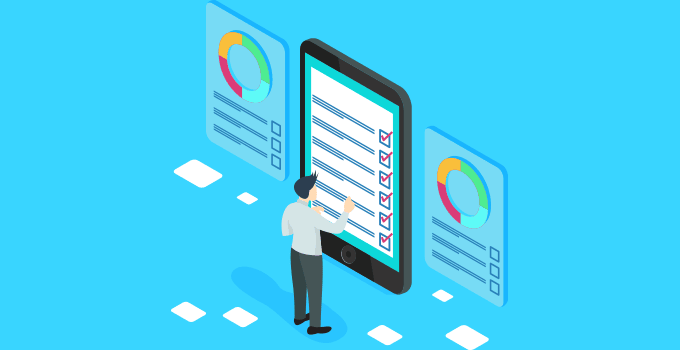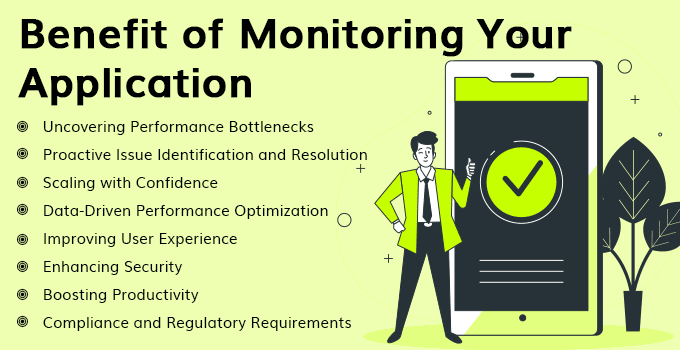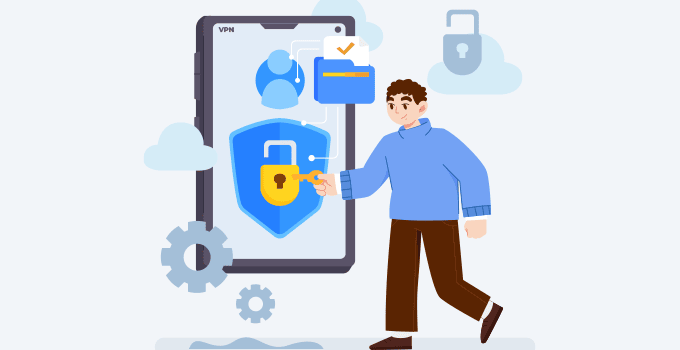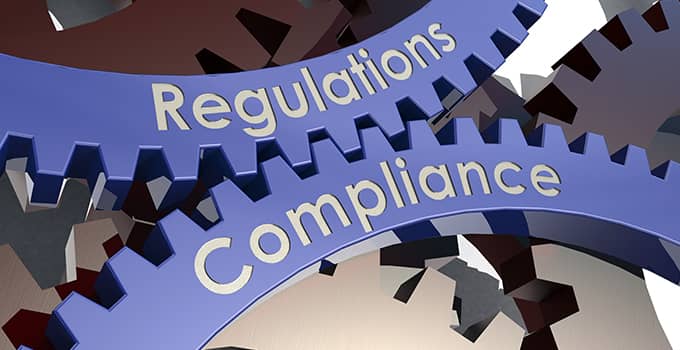Why Monitoring Your Application is Important: The Benefits of Keeping a Watchful Eye

You might think your application is running fine 24/7, so why should I monitor it? You may have purchased a high-end server to run the application. But, still monitoring the application is of utmost importance. After going through this post, you will realize why monitoring your application is essential.
Behind every application’s success, its performance is a key factor. Users rely on web applications only if it is reliable and fully performant. Because, they depend on it for their everyday needs.
Application monitoring involves continuous observation and analysis of an application’s performance, availability, and overall health. It also provides real-time insights into how an application functions, helping businesses deliver a seamless user experience while proactively addressing potential issues.
In this guide, we will deeply dive into the world of application monitoring and explore why monitoring your application is important. We will also take a look at the benefits that come from keeping a watch on your application. Are you excited? Let’s get started.
What Is Application Monitoring?

Application Monitoring is a real-time check of observing and analyzing the behaviour of an application. The process is to ensure that the application is functioning properly. Application Monitoring involves tracking various metrics like; CPU usage, Memory Usage, network traffic, server uptime, etc. The end goal of an application is to detect issues as they arise, allowing you to address them before they cause a significant problem.
Application Monitoring generally involves gathering data from various sources, including application logs, performance counters, and network traffic. The data is then analyzed to identify patterns and trends indicating a potential issue. Once an issue is detected, you/your IT team can investigate the cause and take corrective action.
Why Monitoring Your Application is Important

If your application is performing well, users will not like it, and you will lose visitors. Ultimately, it will affect your overall sale. To ensure the optimal performance of your application, monitoring it is very important.
(1) Uncovering Performance Bottlenecks

Application Monitoring is a strong magnifying glass, uncovering application bottlenecks that could go unnoticed. By monitoring performance metrics like; response time, resource utilization, and transaction rates, businesses gain an exhaustive comprehension of how their applications work under various circumstances. These metrics enable you to pinpoint explicit components or processes that may be causing sluggishness or failures in your application.
(2) Proactive Issue Identification and Resolution

It could be better for users to report performance issues for your application. Application monitoring enables you to proactively identify and address issues before they impact the end-user experience. By setting up alerts and thresholds, monitoring systems can automatically notify administrators when certain metrics deviate from expected values. Such an early warning system allows IT teams to swiftly investigate the root cause and implement remediation measures, thus minimizing downtime and user frustration.
(3) Scaling with Confidence

As user traffic fluctuates in your application, you need to scale up or down your application to maintain optimal performance. If you monitor the application, it can provide you with insights into resource utilization. By closely analyzing these aspects, you can scale your application to handle the increased load without degrading the performance of the application. Whether you can add more resources to your server or optimize database queries for efficiency, monitoring the application will guide you in running your application smoothly.
(4) Data-Driven Performance Optimization

You can undertake data-driven performance optimization initiatives with the metrics collected through monitoring. By analyzing trends and patterns in application behaviour, you can make informed decisions about code optimization, infrastructure upgrades, or architectural changes. The entire process leads to continuous improvement, ensuring that the application develops alongside user needs and technological advancements.
(5) Improving User Experience

At the heart of every successful application is a positive user experience. Application monitoring allows you to align technical performance with user expectations. Monitoring tools provide insights into how real users experience the application by measuring interactions. This data is invaluable for optimizing user flows, reducing friction points, and enhancing overall satisfaction.
(6) Enhancing Security

Security breaches can have catastrophic consequences. Application monitoring works as a digital fortress, safeguarding your applications from malicious intrusions. It continuously scans for anomalous activities, unauthorized access attempts, and potential vulnerabilities. Quickly detecting security threats enabled proactive mitigation measures to be implemented, preventing data breaches and safeguarding sensitive information.
(7) Boosting Productivity

Downtime affects productivity very badly. The application monitor acts as a guardian of uptime. If you monitor the application, you can reduce downtime incidents and maximize operational efficiency. Monitoring facilitates rapid issue resolution by providing real-time alerts and insights into performance trends. It lets you minimize disruptions, optimize workflows, and increase team productivity.
(8) Compliance and Regulatory Requirements

Following the labyrinth of compliance and regulations can be daunting. Application monitoring serves as a compass, guiding organizations toward regulatory adherence. It ensures that applications meet industry standards and mandates, helping avoid legal repercussions and fines. Through meticulous monitoring, businesses can demonstrate their commitment to data privacy and compliance, earning the trust of customers and stakeholders alike.
Conclusion
In the digital era, application monitoring is not a luxury but a necessity that underpins business success. From optimizing performance and enhancing user experience to fortifying security and meeting regulatory demands, application monitoring is a versatile tool that empowers organizations on multiple fronts. By utilizing robust monitoring practices, businesses can gain a competitive edge, foster trust, and make way for sustained growth.
Also, remember to check out our guides on Essential Website Maintenance Tips and Quick Tips to Improve Website Speed for improving user experience.
Now, you must have a complete idea of why monitoring your application is important. If you still have any questions or suggestions, feel free to write in the comment box below.


